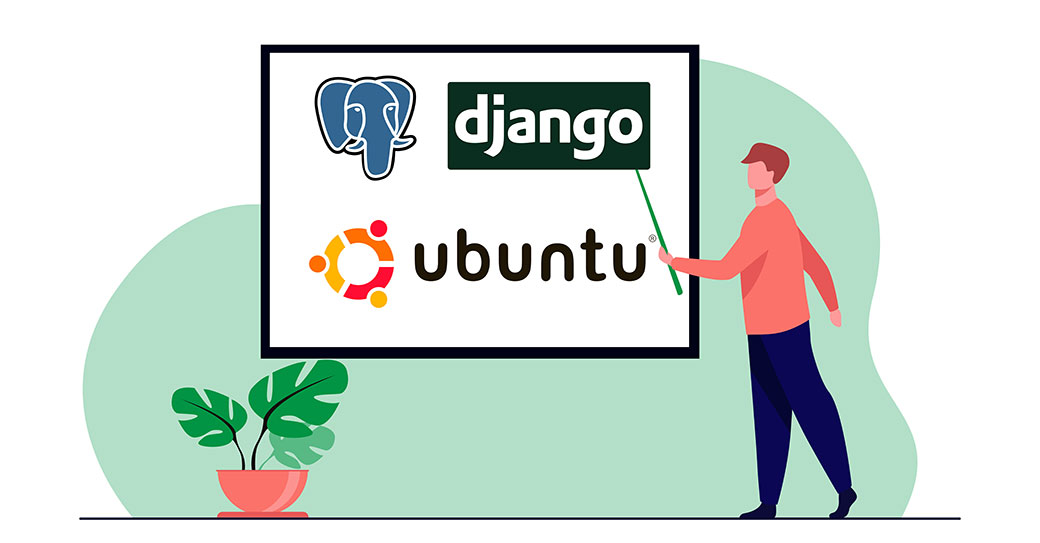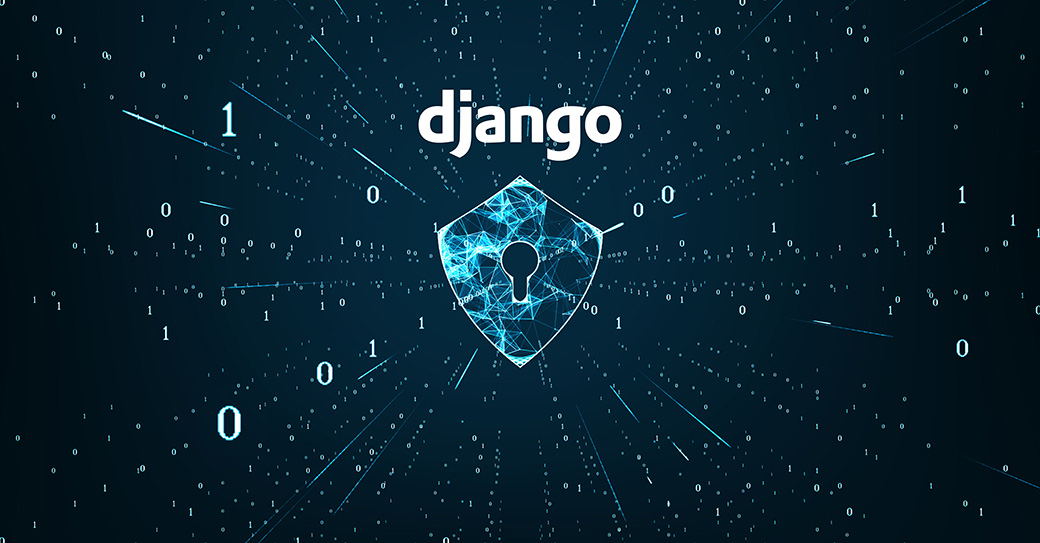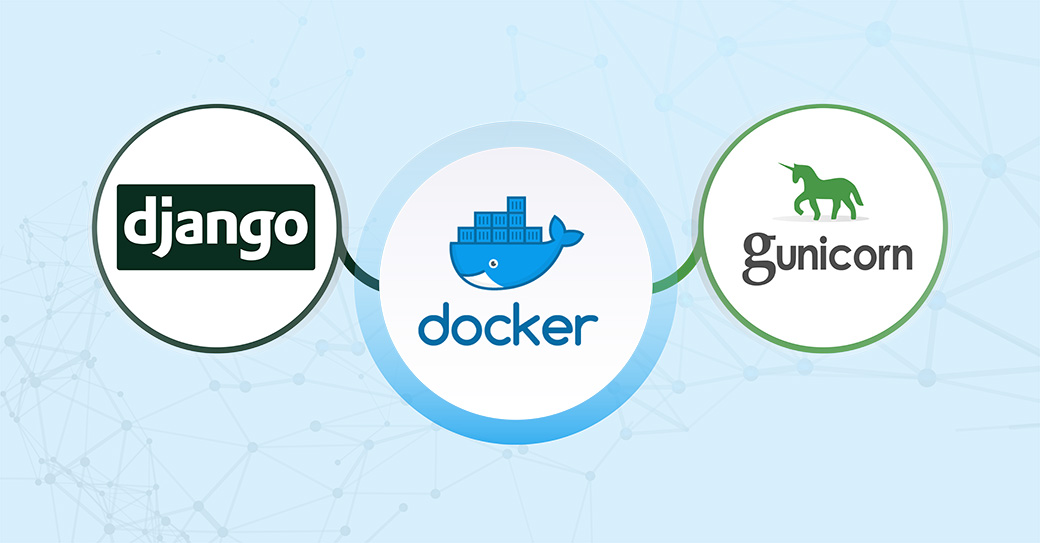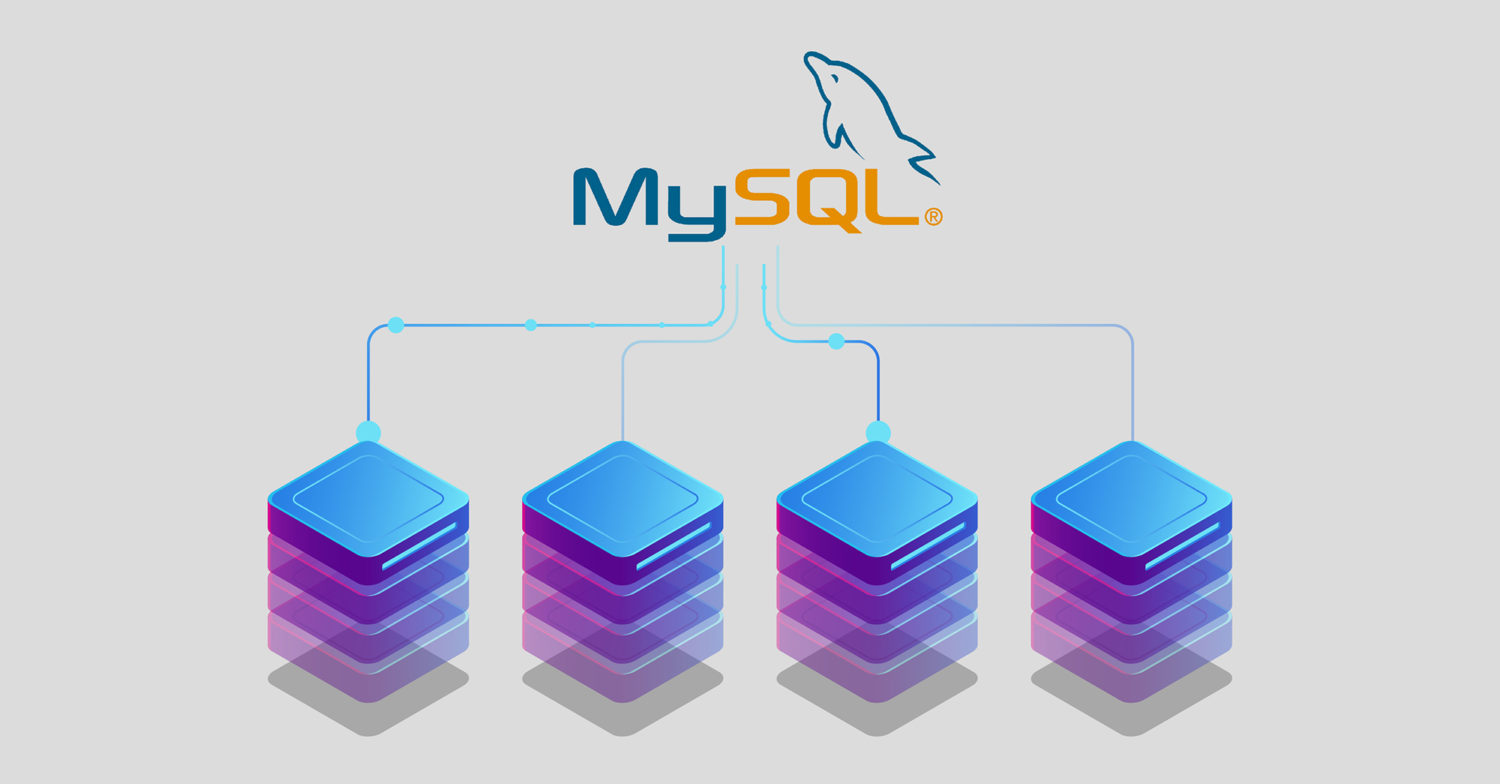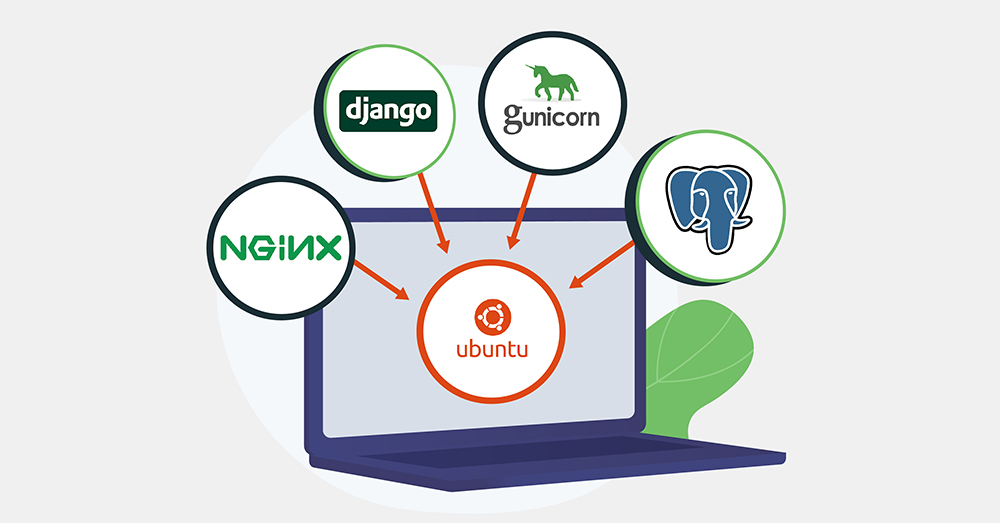Django is a well-known web framework that streamlines the process of creating robust, scalable, secure, and high-performance web apps. It’s an open-source project written in Python. You can check out more detailed information on Django here. Any web app requires a database as the backend to manage data. Django supports various database engines as the backend, for example, MySQL, PostgreSQL, …
How To Secure and Scale a Django Application with Docker, Nginx, and Let’s Encrypt
Millions of users get on the Internet to access information for various purposes including learning, entertainment, news, and sharing their lives’ progress with friends. Hence, when deploying an app, it’s in your best interest that you implement a highly secure and scalable infrastructure for your application. The cloud offers various ways to secure and scale a Django application. Horizontal scaling …
Building a Django and Gunicorn Application with Docker on Ubuntu
Django is a high-level open-source Python web framework that can help you build your Python application quickly. It encourages rapid development and clean, pragmatic design by following the model–template–views architectural pattern. Out of the box, the framework comes with the necessary modern application components such as user authentication, caching framework, object-relational mapper, URL Dispatcher, template system, and customizable administrative interface. …
Automating Server Setup using Ansible and Ubuntu 20.04
Introduction Nowadays, servers need to be created and destroyed very frequently. That’s because, at times, servers get a lot of execution load while at other times the load reduces, hence wasting the system resources. A common example is eCommerce websites during the holiday seasons attracting a lot of traffic. When the nature of the application is to be scalable, there …
Installing and Configuring Virtual Network Computing (VNC) on Ubuntu 20.04
Virtual Network Computing (VNC) is a screen-sharing system used to access graphical user interfaces remotely. It uses the remote frame buffer protocol allowing one server (user side) to connect with another side (client). VNC is safe, secure, and works on all operating systems. RealVNC, UltraVNC, Xfce, TightVNC, to name a few, are the most popular VNC clients used today. Among …
Setting up Replication in MySQL on Ubuntu
MySQL replication is an interesting feature that allows users to manage multiple copies of one or more MySQL databases. The data is copied automatically from source to replica databases. It can be useful in numerous situations, such as working with the data without compromising the main database, data backup, or scaling the database access, etc. In this guide, we will …
Configuring a Firewall with UFW on Ubuntu 18.04
A firewall is one of the core components of securing a system. It’s responsible for managing the incoming and outgoing connections over the network. It’s the primary line of defense for your servers and data. This is why it’s paramount to have a well-configured firewall. In this guide, we will walk you through the steps of setting up a firewall …
Setting up Django with PostgreSQL, Nginx, and Gunicorn on Ubuntu 20.04
Django is a free, and open-source web application framework that’s built in the Python programming language. Django is super-fast, secure, and highly scalable. At the hand of a skilled developer, Django can quickly establish a powerful website. It can seamlessly integrate with popular web servers (Apache, Nginx), and databases (MySQL, MariaDB, PostgreSQL, Oracle, and SQLite), etc. Django powers some of …
Setting up a UFW on Ubuntu and Debian Cloud Server
Introduction We all know that computer security is essential for protecting your data. If a hacker was to find their way into your server, they can cause some serious damage. To make sure this doesn’t happen, you need to employ the appropriate security measures. The first line of defense that any incoming threat would encounter in a safeguarded system would …
The Basics of UFW: Learning the Essential Firewall Commands
Introduction UFW stands for uncomplicated firewall. It is a frontend platform that enables you to easily manage your firewall functions and commands. You get UFW as a default option with your Ubuntu server. Maximizing the potential of the commands and functions of the firewall can be difficult if you are not already familiar with the tool. Our goal is to …


